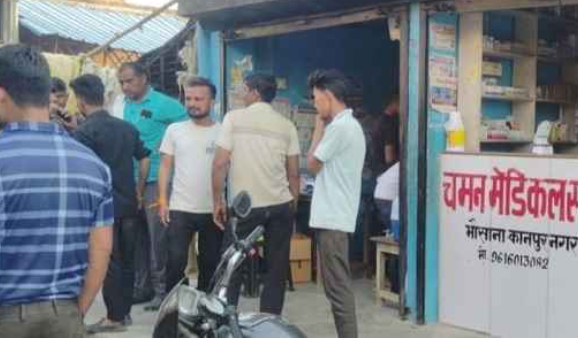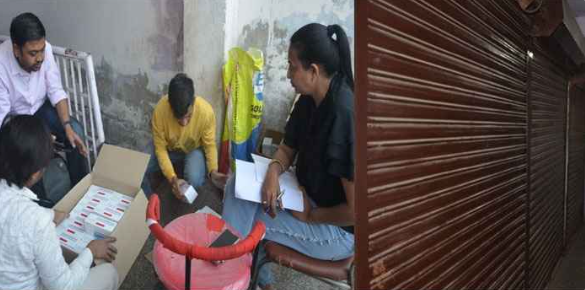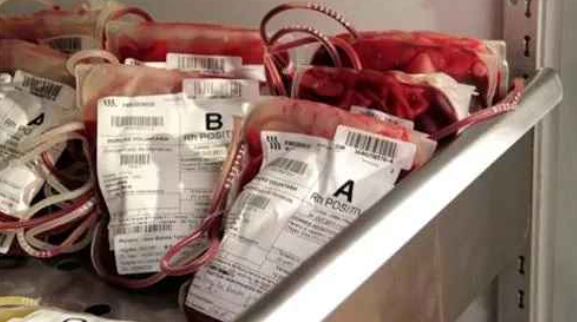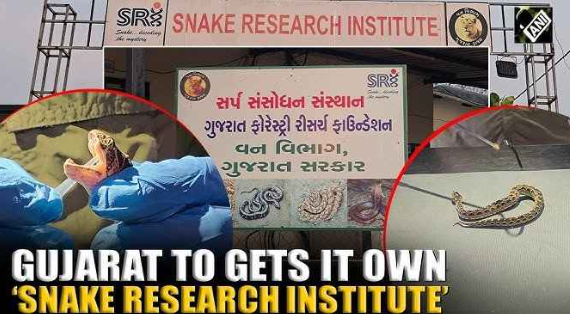Geneva : Only 12 new antimicrobial drugs entered the market from 2017 to 2021 and very few are expected to gain market authorisation in the near future, a review by the World Health Organization (WHO) has concluded.
There are currently 27 drugs in development that target what the WHO sees as “critical” pathogen microbes, but it says only 6 of them are innovative enough to overcome antibiotic resistance, and only 2 of those target highly drug-resistant forms of critical pathogens.
Just one antibiotic — solithromycin, used to treat community-acquired pneumonia — has passed through clinical trials and is awaiting market authorisation, while seven products are in phase 3 trials, the WHO review found.
The review was reported by Valeria Gigante, team lead at the WHO’s antimicrobial resistance division, at a special session in the pre-meeting programme for the European Congress of Clinical Microbiology & Infectious Diseases on 15 March 2023. The full meeting will be held in Copenhagen, Denmark, in April 2023.
Gigante said: “There is a major gap regarding products addressing multi-drug resistant pathogens, such as Acinetobacter baumannii and Pseudomonas aeruginosa (just one agent authorised against all the critical pathogens and few in the pipeline). Very few agents target metallo-β-lactamases, which continue to grow in prevalence. Few new innovative antibiotics are expected in the coming years. We have no silver bullets.”
Commenting on the WHO review, Neil Powell, consultant pharmacist at Royal Cornwall Hospital, said that the situation with the antimicrobials pipeline was “not where we would want to be” but that it had improved slightly in the past decade.
“Ten years ago it was very bleak,” he said.
“It’s encouraging that we are seeing some new ones coming through, but maybe not seeing as many as we’d like to see to be comfortable.”
He added that some parts of the world, in particular India, were in a much worse situation. “In parts of India and China, and even some parts of the [United States], some infections are incurable and they are already feeling it. We don’t have that yet, but we can see it coming down the line. We just don’t know when it’ll hit us.”
Commenting on the WHO figures, Parastou Donyai, chief scientist at the Royal Pharmaceutical Society, said: “It’s always disheartening to read about the lack of progress being made to explore and create new antimicrobials for the future. It’s even more frightening to realise that we may have now reached, or are near reaching, an imagined future where antimicrobials no longer work.
“Creating new, effective antibiotics is by no means easy and partnership working must be the key to making progress in this complex field. Improving incentives to enable pharmaceutical companies to focus their efforts on developing new treatments and people’s contribution to reducing antimicrobial resistance is an important part of the conversation. However, it would be remiss to ignore the scientific challenges that further explain the slow progress.”
In another presentation at the session, Venkatasubramanian Ramasubramanian, president of the Clinical Infectious Diseases Society of India, said: “We have arrived in the post-antibiotic era. The current antibacterial pipeline is woefully insufficient to make a difference in tackling the ongoing threat of antibiotic resistance.”
He highlighted the lack of a sustainable economic model to tackle new antibiotic production. As new antibiotics are usually held in reserve until needed, and because antibiotics are usually taken as short-term treatments, it is hard to recoup the costs of development. No novel class of antibiotics has been discovered since the 1980s.
Ramasubramanian added: “To exacerbate the issue, the current products under evaluation mainly cater to the requirements of the developed nations, resulting in a mismatch, especially in developing countries with a high burden of resistance.”
The meeting also discussed potential solutions to the problem, including streamlining and fast-tracking trials to assess new antimicrobials; improved private-public partnerships; more basic research funding; and other tax or reimbursement schemes.
Citation: The Pharmaceutical Journal, PJ, March 2023, Vol 310, No 7971;310(7971)::DOI:10.1211/PJ.2023.1.178795






